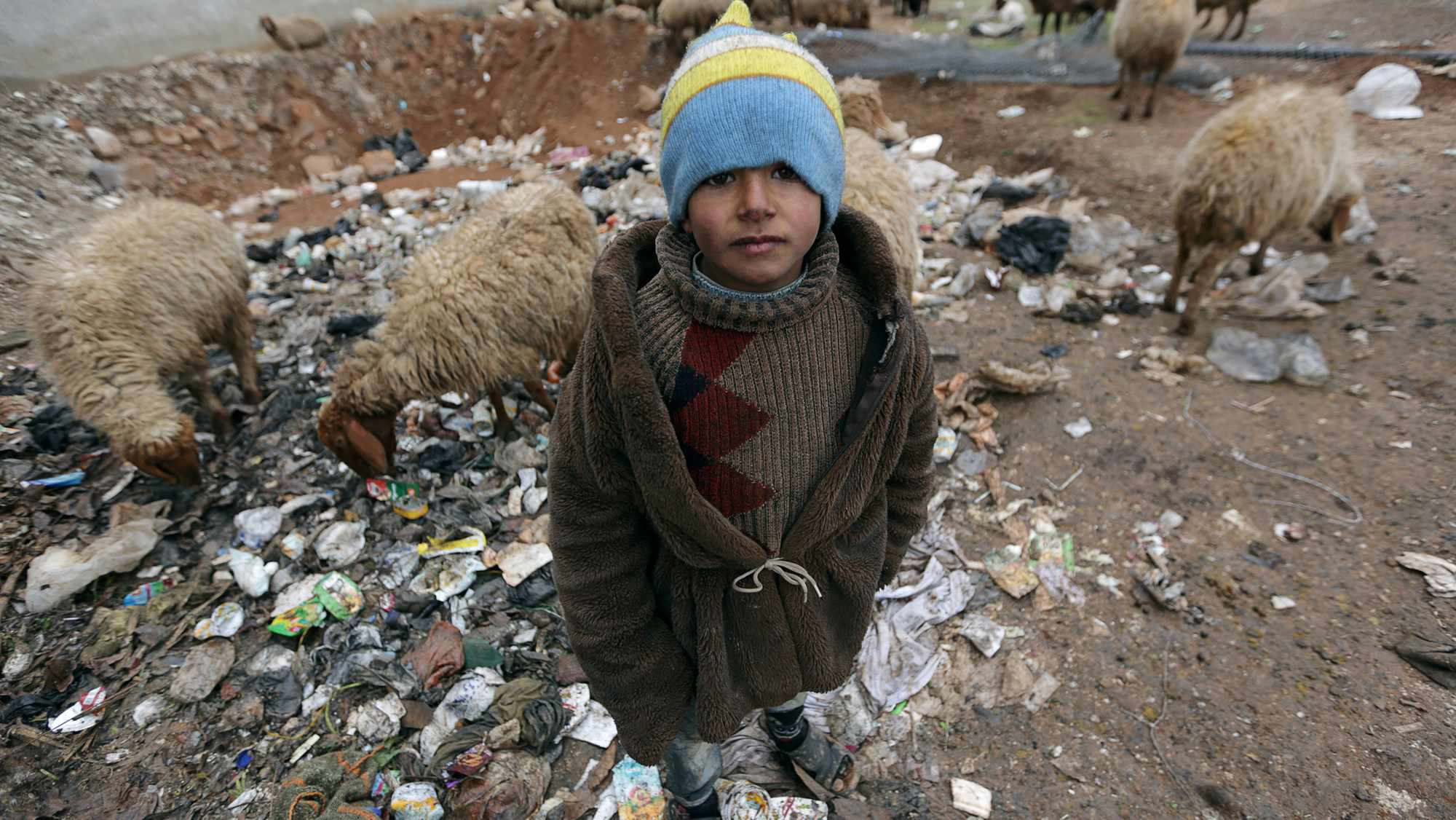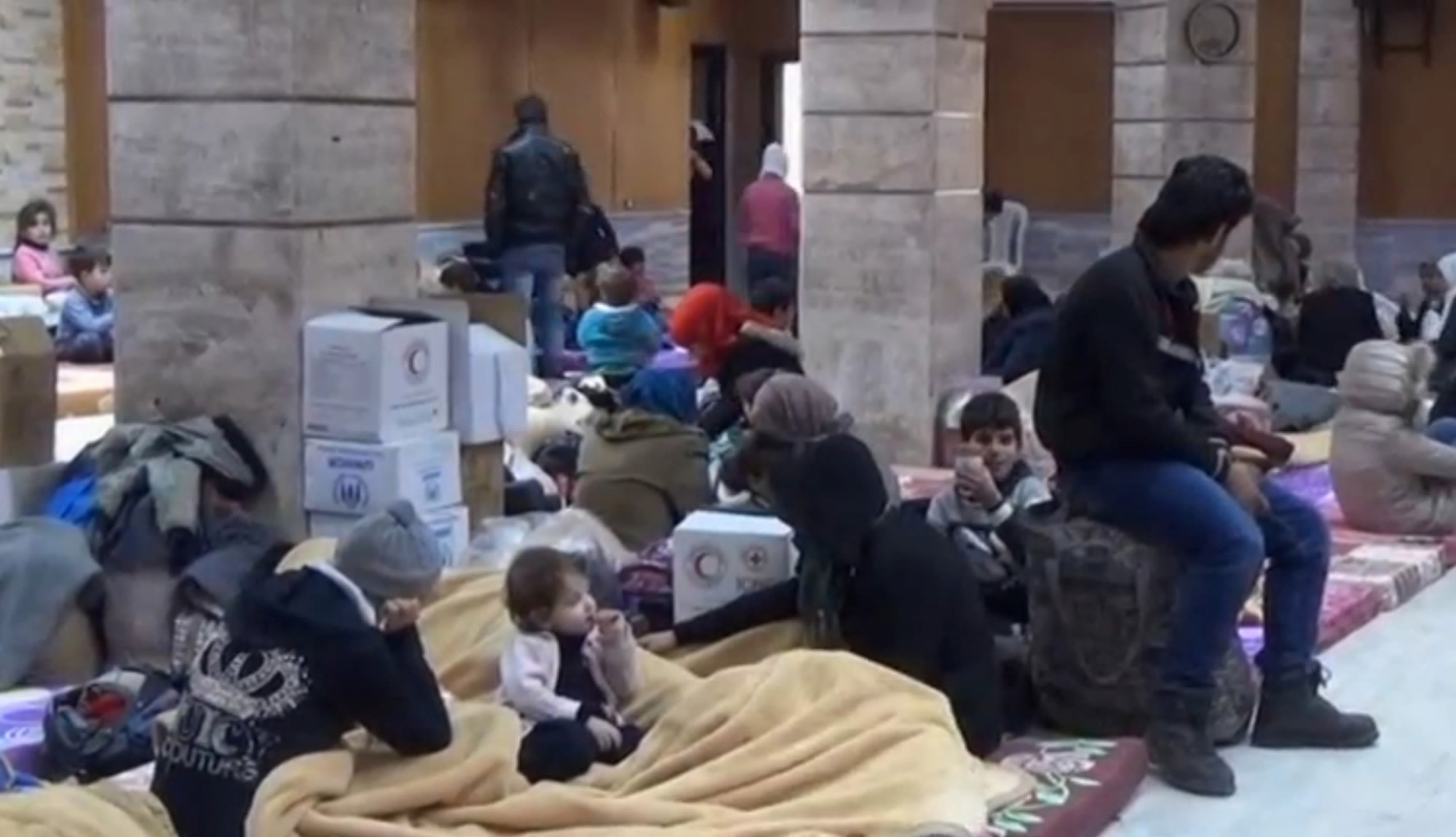
Politics
12:56, 07-Jan-2017
Syrian rebels deny report of ceasefire near Damascus
Updated
10:32, 28-Jun-2018

A senior Syrian rebel official denied a report on Friday that a ceasefire had been reached between rebels and government forces in the Wadi Barada area near Damascus, where bombardments have knocked out the capital's main water source.
The government and allied fighters from the Lebanese group Hezbollah launched an attack two weeks ago to take back Wadi Barada where a spring provides supplies to four million people in the capital.
A military news outlet run by Hezbollah reported that a ceasefire had been reached for "a number of hours" in the area.
But Munir Sayal, head of the political wing of the Ahrar al-Sham rebel group, told Reuters the report was "a lie".

A still image taken from a video obtained by Reuters, said to be shot on January 4, 2017, shows civilians, who were evacuated from Wadi Barada, sitting inside a shelter in the Damascus suburb of Rawda, Syria. / CFP Photo
A still image taken from a video obtained by Reuters, said to be shot on January 4, 2017, shows civilians, who were evacuated from Wadi Barada, sitting inside a shelter in the Damascus suburb of Rawda, Syria. / CFP Photo
He said that the government had on Thursday rejected a ceasefire that would have allowed for repairs to the water pumping station and for people to return to two nearby villages from which they had been displaced.
Rebels say the government bombed the water pumping station at the start of the campaign.
The United Nations has said it was put of action by "deliberate targeting" but has declined to say which side was responsible.
The fighting in Wadi Barada has overshadowed a ceasefire brokered by Russia and Turkey to pave the way to peace talks they hope to convene in Kazakhstan this month.
Syrian rebel groups said on Monday they had decided to freeze any talks about their possible participation in the negotiations unless the Syrian government and its Iran-backed allies end what they said were violations of the ceasefire.
"Iran and the Assad regime are exploiting the fragile ceasefire to seize liberated areas around the capital before the start of the Astana negotiations," Sayal said.
The United Nations said on Friday that children were at risk of waterborne diseases in Damascus where 5.5 million people have had little or no running water for two weeks.
(Story by Reuters)
6940km

SITEMAP
Copyright © 2018 CGTN. Beijing ICP prepared NO.16065310-3
Copyright © 2018 CGTN. Beijing ICP prepared NO.16065310-3